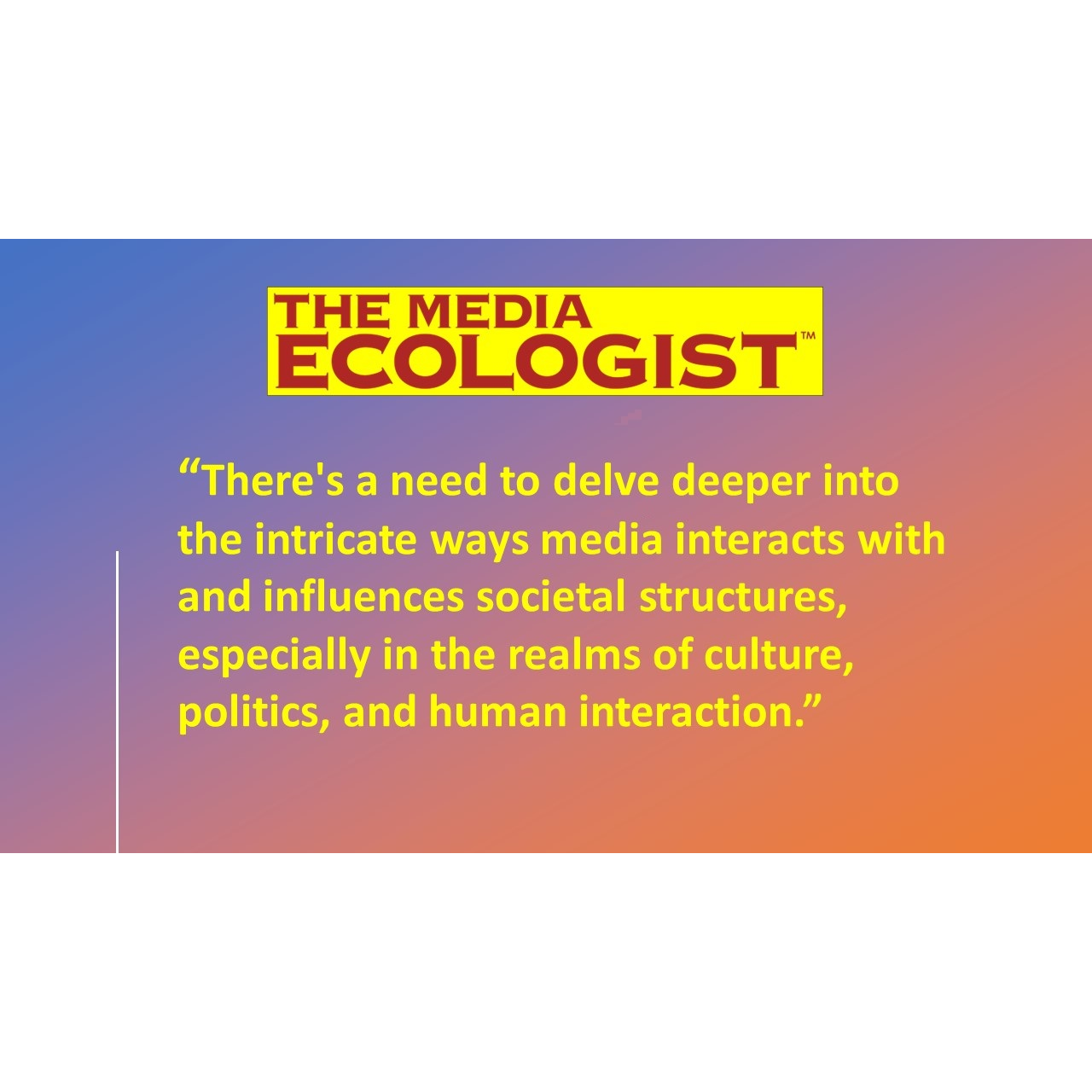Redefining the Paradigm: Navigating the Complex Interplay of Media Dynamics in Modern Society

Analysis for Industry Veterans: Unraveling the Subtleties of Media's Influence on Culture, Politics, and Human Behavior in the Digital Age.
In an era where the ubiquity of media, especially social media, has become a commonplace understanding, it's imperative for senior professionals and educators in the media industry to engage with a more nuanced and sophisticated analysis of this phenomenon. The simplistic notion of media as a mere reflector or shaper of societal norms no longer suffices. Instead, there's a need to delve deeper into the intricate ways media interacts with and influences societal structures, especially in the realms of culture, politics, and human interaction. For industry veterans, the conversation needs to move beyond the acknowledgment of media's influence to understanding its mechanisms. This involves a critical examination of how media narratives are constructed, the ideological underpinnings of these narratives, and their impact on societal discourse. In this context, Stuart Hall's encoding/decoding model offers a pertinent framework. It invites us to consider not just the message sent by the media, but also how it is interpreted and reinterpreted by diverse audiences, leading to a complex web of cultural meanings and influences.
Political Echo Chambers and Algorithmic Bias
The role of media in shaping political behavior and opinion, particularly in the age of algorithm-driven social media platforms, demands a sophisticated analysis. Beyond recognizing the existence of echo chambers, there's a need to understand their creation and perpetuation. This involves grappling with the nuances of algorithmic biases and the business models of social media platforms that prioritize engagement over accuracy. Here, Neil Postman's cautionary perspectives on the transformation of public discourse in the media age becomes especially relevant, urging a deeper contemplation of media's role in democratic processes.
Generative AI: Beyond the Hype
The integration of generative AI in media is not just a technological advancement; it's a cultural shift. For seasoned professionals, the challenge lies in critically assessing how AI is reshaping content creation, dissemination, and consumption. This includes understanding the ethical implications of AI-generated content, its potential to deepen existing societal biases, and the new forms of digital literacy required to navigate this landscape. Ruha Benjamin's insights into the intersection of race, technology, and societal structures offer a critical lens through which to examine these developments.
Redefining Audience Engagement
The shift from passive consumption to active participation in media calls for a refined understanding of audience dynamics. It's not just about recognizing the empowerment of audiences, but also about appreciating the nuances of this empowerment. How does audience-generated content challenge traditional media narratives? What are the implications of this shift for media ethics and responsibility? These are the questions that need to be at the forefront of discussions among media professionals and educators.
A Call for Critical Engagement
For those well-versed in the media industry, the current media landscape presents an opportunity for critical engagement and reflection. It's not enough to acknowledge the influence of media; there's a need to actively engage with the subtleties and complexities of this influence. This involves a continual re-evaluation of media practices, a commitment to ethical media production and consumption, and a readiness to adapt to the rapidly evolving digital landscape. As educators and professionals, the responsibility lies in guiding the next generation of media practitioners through this complex and ever-changing terrain.


